Why Cinema is Destined to Fade Away
November 5, 2015
Publisher’s note:
We have decided to incorporate opinion based articles within our publication. For obvious reasons, we can’t simply open up a comments section for folks to use to comment, and/or express a different opinion. However, if you would like to write a counter-point to any opinion based article we publish, please feel free to write a formal rebuttal and email it to us. As long as it’s school appropriate we will publish it the following week. Please include your full name and grade level, and email your response to:
And, as always, thank you for supporting our publication.
And now back to Mr. Dawson’s op ed piece concerning the death of the movie industry:
We all know that enchanting feeling associated with any public gathering for a singular and at times even awe-inspiring event involving any visual or performance-based artform. Similar to any communal religious gathering, cultural tradition, sporting rivalry, acapella or any form of musical gathering, as well as even theatrical performances (you can thank the talent over in the auditorium for that on November 12th once The Addams Family premieres), it’s more than evident that the arts and entertainment industries have a prestige status within mainstream society’s history.
Of course, especially in today’s culturally evolving and highly technological society, the most iconic recent and relevant artform that comes quickly to mind when identifying the significance of shared creative as well as imaginative artistic experience is that of cinema and its many different genres and styles. From its magical history all the way back to our great grandparent’s day to its now pop-cultural haven for highly-anticipated blockbusters (from Young Adult novel adaptations to countless superhero endeavors), it’s clear that this well-known artform is often considered one of the true hotspots for any memorably transcendent experience, even in the face of a changing American culture.
However, once peeling back and dissecting the current cultural trends within a 21st Century climate, it becomes increasingly evident that from the countless conventionally unoriginal properties, unimaginative storytelling ventures and ultimately lack of cultural input or significance; it’s more clear than ever that cinema isn’t as socially relevant or influential in today’s society and this is especially true for Millennials; a generation raised with Apple products during the Information Age. When researching back to the Golden Age French New Wave and New Hollywood eras of cinema, the medium held a much greater status due to the lack of other entertainment platforms. Half a century ago society didn’t have the privilege to enjoy YouTube, video games, social networking or even any primitive precursor to the iPhone (gasp!), so this made the theater-going experience all the more culturally and artistically appealing. Now, fast-forward to the year 2015, the entertainment mediums available are almost overwhelming, making the decision to visit the theater is almost a last resort in the wake of a brave new world of Internet memes and Twitter.
The Titan generation’s preference towards electronics and social media alongside the rise of newly evolved mediums from entertainment apps (whether it’s through platforms via YouTube, Vine, to even gaming) to especially the Internet (from social media like FaceBook, Instagram, and SnapChat to seemingly infinite amounts of online communities and message boards), there’s no surprise that it’s become increasingly evident that cinema as both an artform and cultural relic has fallen by the wayside in the wake of the vastly more interconnected and electronically-driven culture of young people. Just think about all of these recent modern era breakthroughs from manned missions to Mars, wireless energy, 3-D printing, as well as internet connection to more people than ever before. Who needs the magic of the silver screen when the waking world provides more communal magic than the most enthralling of films?
Even when simply just asking what fellow Titans’ favorite pastimes consist of in terms of the many forms of entertainment and artistic mediums, the answers are unsurprisingly absent of cinema. “[For art] drawings and photos,” fellow Titan Amanda Burke stated to one of us in the Times classroom. “[For entertainment] video games, which is art too.”
Of course, this doesn’t deem cinematic mediums as entirely irrelevant. When looking over the recent developments of television from basic cable, HBO, NetFlix, and countless other outlets; the growth of television as a more in-depth and superior avenue for storytelling and character arcs has become the new standard for literary storytelling within a visual medium. From the innovation and psychological depth of The Sopranos, social deconstruction and relevancy of The Wire, period analysis of Mad Men and Deadwood to even the pure creativity of Avatar: The Last Airbender, not to mention pop-culture heavyweights like Game of Thrones and Walking Dead; television is evidently moving forward as an elite artistic outlet in the wake of a new generation. Why tell a gripping and thoughtful narrative arc with only two hours when you can tell it over the course of five to six seasons?
Now when placing the spotlight back to the industry of American cinema, can you truthfully name a single influential work accomplished since the turn of the century? Of course you have your beloved There Will Be Blood and Lord of the Rings, cult hits like Donnie Darko and Eternal Sunshine, polarizing and ambitious films from Synecdoche, New York to Mulholland Drive and of course trendy hits from the Marvel Universe to other standard superhero fare. However, these all are simply not enough for cinema to continue on as a suitable enough artform, and sooner or later the strongest talents will never last forever (especially in the wake of superior mediums to work with). From the freedom of expression from novels, documentaries, and the Internet to even the cultural influence of music, fashion, and corporate media; this makes a shared experience in the mundane material world more interconnected than any other shared experience in the plain old theater can. The culture for us is changing, and cinema is a clear standalone relic of the past that has no true place within 21st century culture.
Excluding the absurd ticket prices, cheap popcorn odor and passable on-screen endeavors, the final nail in this long overdue burial is the lack of any true revolutionary artistic desire to challenge the status quo to make cinema great again (yes, I just went there). Even if there’s a nostalgic nature to sharing an experience with fellow attendees within an auditorium to experience any narrative expressed within a sincere and even generous form of communication under the reflective canvas of cinema, unfortunately for the fast-paced, information-keen 21st Century Millennial and current New Silent Generations, it’s time for cinema’s relevancy to rest in the history books alongside previous elite artforms from radio drama, calligraphy, vaudeville, to even comic books… and it’s influence on the artists and audience will never truly escape the hearts and minds of Western Culture, no matter how fancy the new forms of arts and communication may be.
But ultimately at the end of the day, when experiencing the strongest of any work of art (young or old), in a sense we are all universally interconnected in that dark auditorium… singularly longing together for an ideal place where beauty and peace are more than a half-remembered dream (or that bright screen on your iPhone).




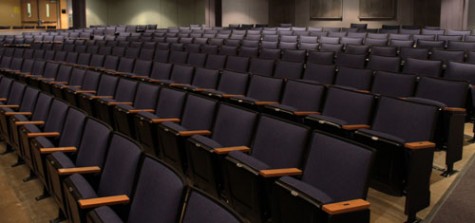




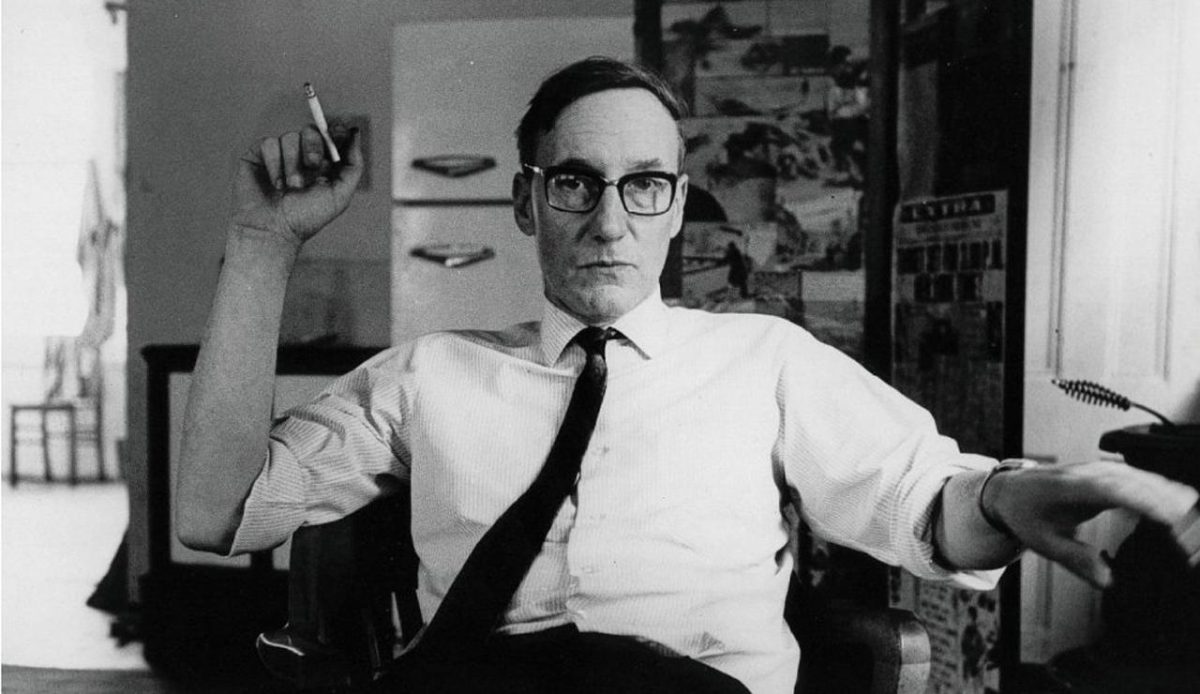
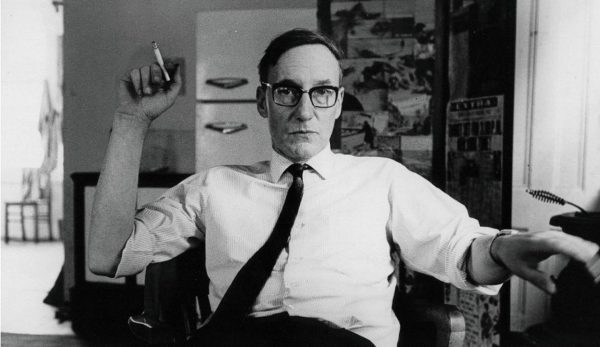


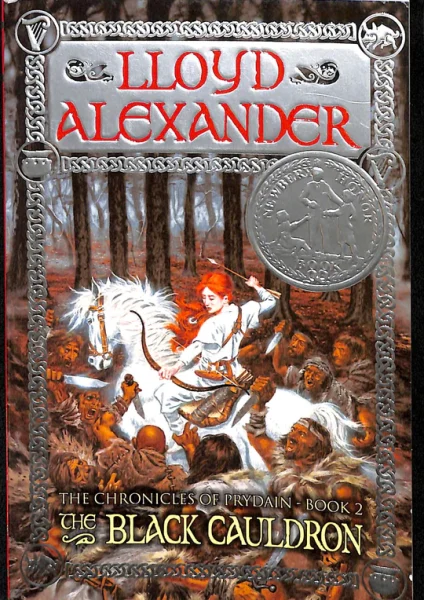

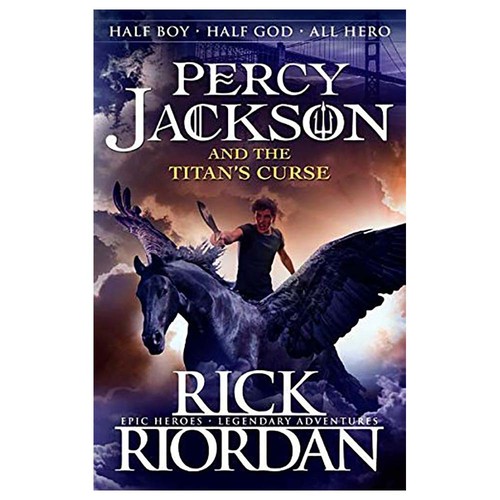



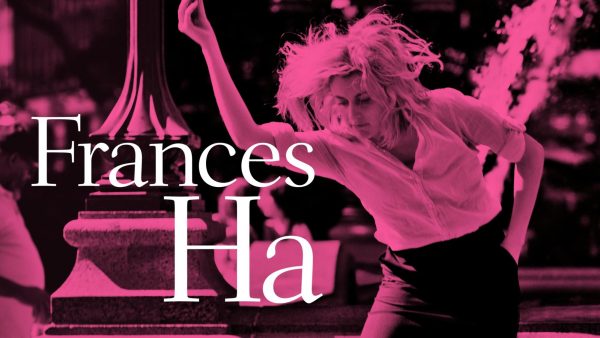
shaq t • Mar 4, 2016 at 9:43 am
I don’t really think that the cinemas could fade away, i think that the cinemas provide a little escape from the ordinary life into a new world.